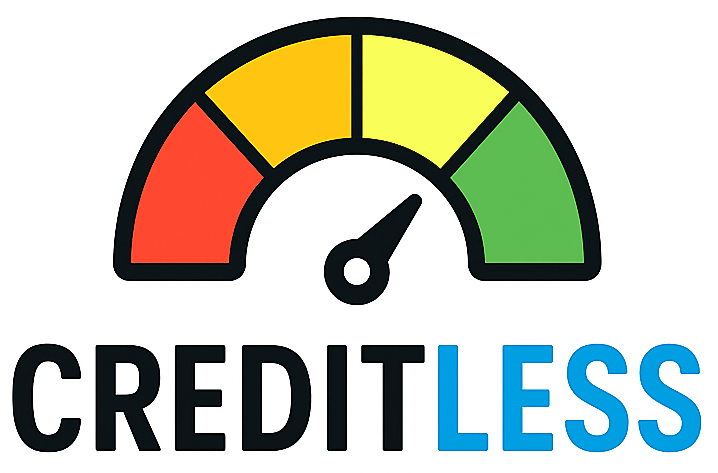Introduction — Why Rent Reporting Matters Now
For millions of U.S. renters, on-time rent is a major recurring expense that historically hasn’t helped build credit — unless a landlord or third party reported those payments. In recent years, a mix of bureau features, fintech services and targeted studies has shown that reporting positive rent payments can give measurable FICO gains for many renters — but results are uneven and depend on how, where and when the data is reported.
This case study synthesizes published vendor findings, academic and nonprofit evaluations, and regulatory context to explain when rent reporting raised FICO scores, when it didn’t, and what renters can do to maximize upside while managing risk.
What the Evidence and Vendors Say — Real Outcomes
Industry reporting and vendor analyses show that many renters can see a quick boost when qualifying rent data is added to their bureau files. For example, Experian’s analyses tied to Experian Boost/RentBureau reported that a sizable share of users saw an immediate FICO® Score 8 increase (Experian reported figures such as ~66% of eligible users receiving a boost and average single-digit to mid‑teens point gains in many groups). These gains were larger for thin-file consumers and those with lower starting scores.
Independent evaluations also find meaningful effects on credit visibility and modest score increases. A randomized trial of rent reporting in subsidized housing reported a 12 percentage-point increase in credit visibility among participants and other positive outcomes tied to making rent visible to bureaus. That study suggests reporting increases the chance a renter has an active tradeline that scoring models can use.
At the same time, multiple consumer-facing summaries and guides note that rent reporting won’t move every score and has limitations: only payments that are actually reported count; the effect varies by scoring model (FICO has several versions), and negative entries (missed rents or collection referrals) can hurt scores once reported.
Why Some People See Big Gains — and Others See None (or Losses)
Key reasons outcomes differ:
- Baseline credit file and scoring model: Rent reporting helps most when a consumer has a thin or limited file; adding a history of on‑time monthly payments creates a tradeline that scoring algorithms can use. Consumers with already robust credit histories usually see smaller changes.
- Which bureau and product receives the data: Not all bureaus or score products treat rent the same. Experian has long operated RentBureau and integrates rent into some consumer products; other bureaus and lenders may not weight rent data equally. That variability alters who benefits.
- Data completeness and quality: If only a few months are reported or the reporting contains errors (amounts, dates, account identifiers), the signal is weaker — and disputes or mismatches can delay or negate score benefits. Regulators have also pressed bureaus and tenant‑screening operations to ensure accuracy.
- Reporting method — positive vs. negative: Some services report only positive payments; others report both on-time and late/payments that went to collections. If a program reports negatives or a landlord reports delinquencies, the result can be a score decline. Always confirm what a provider reports.
Timing
When rent reporting works, consumers often see changes within a few billing cycles after their history is submitted, though vendor timelines and model refreshes vary. For many Experian Boost users the reported change was immediate; other processes that add a tradeline to a bureau file may take weeks to months to show up and be factored into scores.
Regulatory and accuracy risks
Because rental data can affect housing and credit decisions, regulators have focused on accuracy and disclosure in tenant screening and reporting ecosystems. Consumers should be aware that errors can cause housing denials or score impacts — and that they have rights to dispute and to request consumer reports from specialized repositories.
Practical Steps Renters Should Take
- Check which bureau will receive your rent data. Ask the landlord or service whether they report to Experian RentBureau, TransUnion, Equifax, or all three. The value depends on which bureau and score lenders will look at.
- Confirm what is reported. Will the service report only on-time payments, or also delinquencies and collections? Only opt in if you understand the tradeoffs.
- Verify accuracy regularly. Pull your free annual reports and, when a new tradeline appears, confirm dates and amounts. Dispute errors promptly through the bureau and the reporting service.
- Consider other complementary tools. For renters with no bank transaction data, alternative tools (e.g., utility, phone reporting or Experian Boost-style aggregation) may add more signal when combined with rent reporting.
Bottom line: Rent reporting has demonstrable benefits for many renters — especially those with thin files — but it is not a guaranteed path to a large FICO increase. Understand which data is sent, to which bureaus, and the potential downside if late payments are reported. When implemented carefully, rent reporting can be a powerful, low-friction way to build credit visibility and modest score gains.
